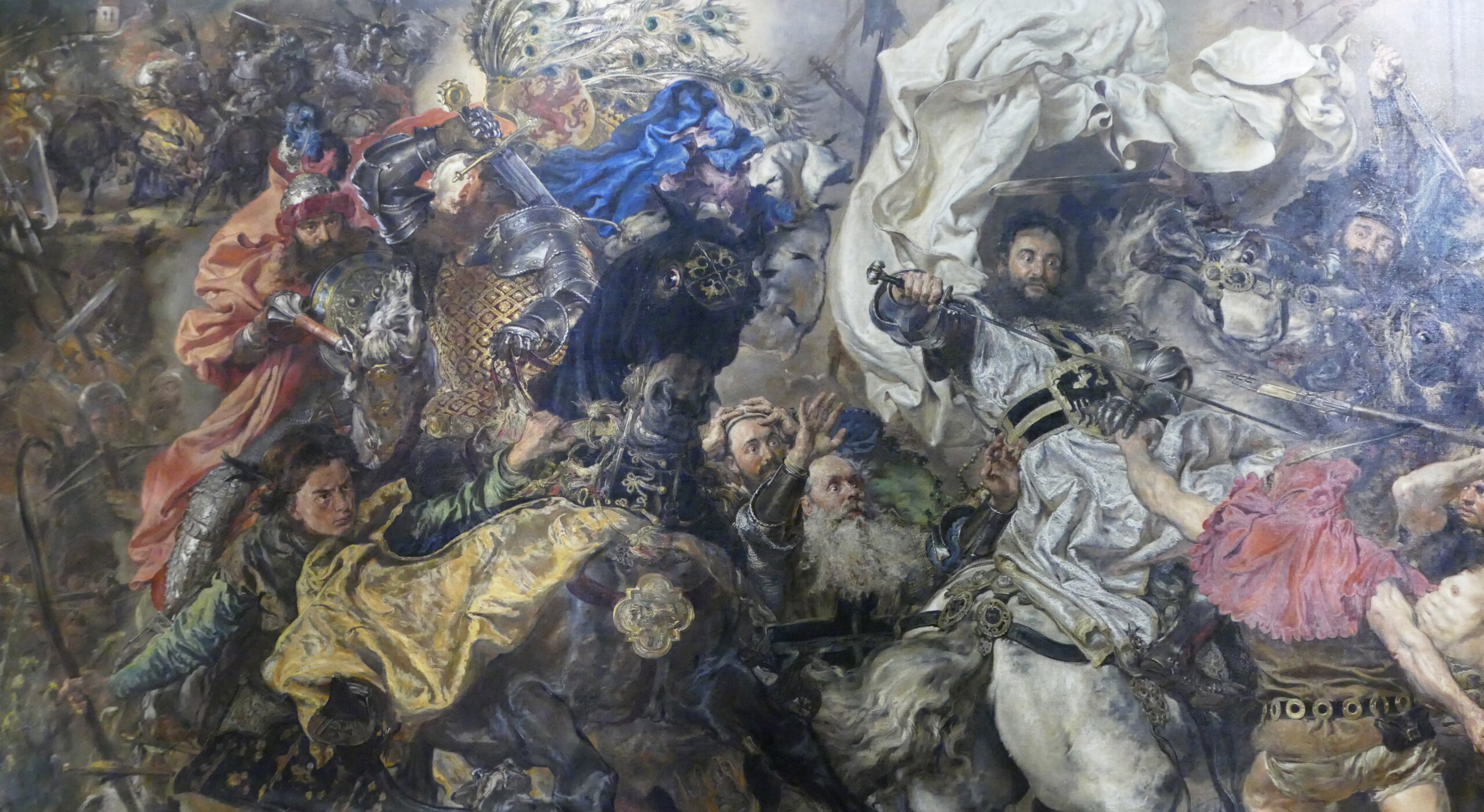Sumantra Maitra
 “Germany is prepared to permanently station a robust brigade in Lithuania,” Germany’s Defense Minister Boris Pistorius said in a visit to Vilnius for a summit. Germany is apparently planning to send around 4,000 troops to a permanent base in the Baltic Country.
“Germany is prepared to permanently station a robust brigade in Lithuania,” Germany’s Defense Minister Boris Pistorius said in a visit to Vilnius for a summit. Germany is apparently planning to send around 4,000 troops to a permanent base in the Baltic Country.“We as the Federal Republic of Germany explicitly acknowledge our responsibility and our obligation as a NATO member state, as the largest economy in Europe, to stand up for the protection of the eastern flank,” Pistorius added, hinting at Germany’s historic role and diminished force posture since the end of the Cold War. In 1989, West Germany was the frontier, and had around twelve divisions of troops ready for the radio announcement that the Soviet Union’s core 3rd Shock Army was rumbling across the Baltic front.
The historic Eisernes Kreuz, it appears, is ready to return east.
Keen readers of NATO military force posture and other relevant esoterica would find the proposal familiar, written by a certain writer of these pages recently arguing for the same:
Similarly, there are Polish-British security arrangements and talks of the German army permanently stationed in Lithuania. While premature, these provide opportunities for the United States to partially retrench.
Following the degradation of Russian conventional forces, there is no need for the United States to deploy any armored infantry or combat support units to Eastern Europe. All infantry brigades and logistics permanently deployed in East Europe should be European in combination and command. Poland is on its way to being the largest European NATO force after Turkey. At the same time, Finland has large infantry reserves, and Germany can resume its Cold War-era role as NATO’s armored backbone.
So how does this make me feel?
First, easy on the triumphalism. If one thing foreign policy experts instinctively know, it is that you cannot trust Germany. The French found that out in the 1860s, as did Stalin in 1941. More recently, Germany’s much touted Zeitenwende has turned to Zeitenwon’t.
So, one should at least wait until the Bundeswehr is permanently garrisoned in Lithuania, with local auxiliary industries such as coffee shops, German supermarkets, apartment buildings, and schools for German kids springing up.
The current strategy of sanctimonious circumlocution about a grand liberal internationalist order while free-riding on the Anglo-Americans, buck-passing the security burden and encouraging the frontiers continuously to shift further east, has worked out very well for Germany in the last thirty years. As Stephen Walt wrote, despite the misperception of Germany being a laggard when it comes to defense, the reality is that Germany has had the smartest foreign policy of any major power in recent years. It would be interesting to see them actually do something to change that status quo. Trade-offs come with costs. Germans, so far at least, have been reticent to pay any cost for security and peace.
For centuries occupied by Teutonic knights, the Baltic states were the borderlands between two great civilizations, the German settlers from the West who eventually settled, married, and started businesses, and the Slavic East. Many Balts have German ancestry similar to Germans who once were the ethnic majority in modern day Gdańsk or Kaliningrad, whence they were forced out of by the weight of history.
Russian Bolsheviks ceded the control of the Baltics after Imperial Russia’s defeat and revolution; the table was again turned under the ridiculous Allied peace plan that coerced Imperial Germany to cede its eastern territories.
History is always written by victors, and in these parts of Europe, by those who lord over the Baltic states. Historically, Germans touted Germanic blood ties with the Balts. This narrative changed when the Baltic communists rolled out the red carpet for the Red Army. After the Second World War, Stalin forcibly occupied the Baltic countries to coerce a permanent solution to any future German threats. The Baltic communists were some of the most fervent supporters, as well as the most efficient soldiers and administrators, of the USSR.
That changed when the USSR lost its relative power in the 1980s. The narrative has now changed again to the narrative of Russians being a historically brutal occupier. Currently the Baltic states are some of the most fanatical Atlanticists and NATO-enlargement enthusiasts. But the history of the region is not just the history of Freikorps invited by the Balts to balance communists, or the history of the Imperial “Latvian Rifles” formed under Russians. It’s both. The truth is, as always, far more complicated than the narratives.
But in light of all this history, the irony of the current Baltic rhetoric is remarkable. “We have a strong political willingness in Lithuania to find the necessary financial resources to be able to finance the infrastructural needs”, Lithuania’s President Gitanas Nausėda told NATO Secretary General Jens Stoltenberg. Germany currently leads a token NATO battlegroup in the Baltics as well. The German army is once again being invited to balance Russians in the historic civilizational frontiers between historic Russian- and German-occupied lands.
As Peter Hitchens, the prophet of our times, once said, we tend to consider the great wars of the last century as epochal struggles between freedom and liberty of Anglo-America against various forms of continental despotism—when they were in reality much simpler conflicts fueled by repeated German expansions eastward and the Russian reactions to them, while smaller states in between played each other as small states are supposed to do, ultimately dragging the great maritime powers to war.
There are arguments that we ought to have stayed out of European conflicts then. We certainly should stay out now, and should welcome this current and interesting development, if Germany again seriously takes up its historic role in balancing Russia.
No comments:
Post a Comment